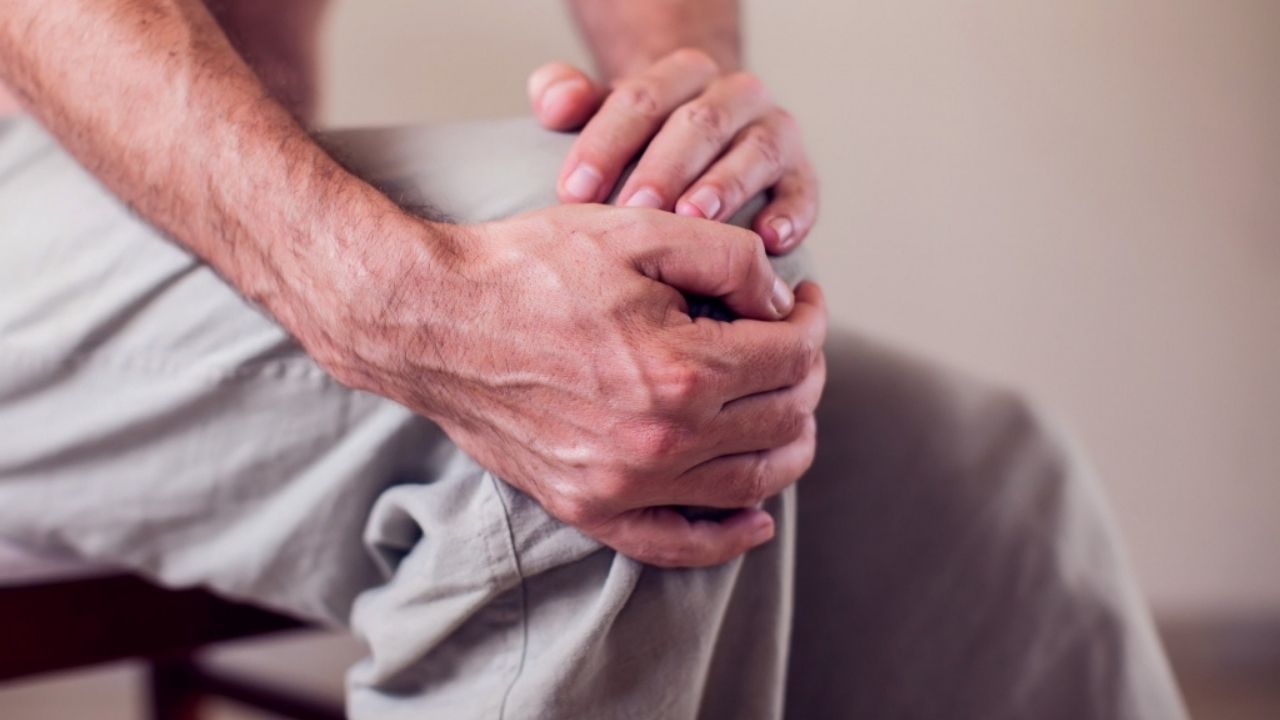CHANDIGARH
In many circumstances, recovered Covid-19 individuals may continue to experience symptoms such as body soreness and weariness. While most post-Covid problems go away on their own, you should keep an eye out for specific symptoms in others. Severe joint pain and stiffness in the morning, for example, could indicate that you have reactive arthritis, a type of inflammatory arthritis.
Can you get arthritis after Covid-19?
You may be suffering from reactive arthritis. Here’s everything you need to know about it.
In many circumstances, recovered Covid-19 individuals may continue to experience symptoms such as body soreness and weariness. While most post-Covid problems go away on their own, you should keep an eye out for specific symptoms in others. Severe joint pain and stiffness in the morning, for example, could indicate that you have reactive arthritis, a type of inflammatory arthritis.
Reactive arthritis develops after an infection with bacteria that causes infective diarrhoea or a urinary tract infection. The immune system appears to overreact to the infection and begins targeting healthy tissue, resulting in inflammation. The cause behind this, however, is uncertain. People who carry the HLA-B27 gene are considerably more prone to get reactive arthritis than those who don’t, although the reason for this is unknown.
Covid-19 has been linked to autoimmune illnesses such as reactive arthritis. The symptoms appear a week after the Covid infection and are more common in men than in women. Rheumatoid arthritis symptoms
“Knee, ankle and foot symptoms are the most common, but wrist and shoulder pains can also occur.” Reactive arthritis pain is usually moderate to severe, and it is accompanied by joint swelling and early morning stiffness that lasts more than half an hour.
How can you know if you have reactive arthritis?
The diagnosis of reactive arthritis is clinical. Dr Mashru continues, “We often recommend blood tests for evidence of inflammation, antibodies associated with different types of arthritis, and a genetic marker connected to reactive arthritis.”
The best way to deal with reactive arthritis:
In most individuals, arthritis may be treated with painkillers, and the illness may disappear on its own within a few weeks.
Applying ice to the affected area may help to relieve discomfort and reduce inflammation.
If these medicines are ineffective, joint injections, arthritis medications such as sulfasalazine, or a brief course of oral steroids may be required,” the rheumatologist notes.
Once the acute inflammation has subsided, a physiotherapist can give you specialised workouts for your joints and muscles.
Strengthening activities enhance the muscles around the afflicted joints, which improves joint support.
Exercises that increase joint flexibility and reduce stiffness are known as range-of-motion exercises.
Avoid self-medication because it can be harmful, and it’s vital to remember that excellent therapy for reactive arthritis is available.

 हिंदी
हिंदी






